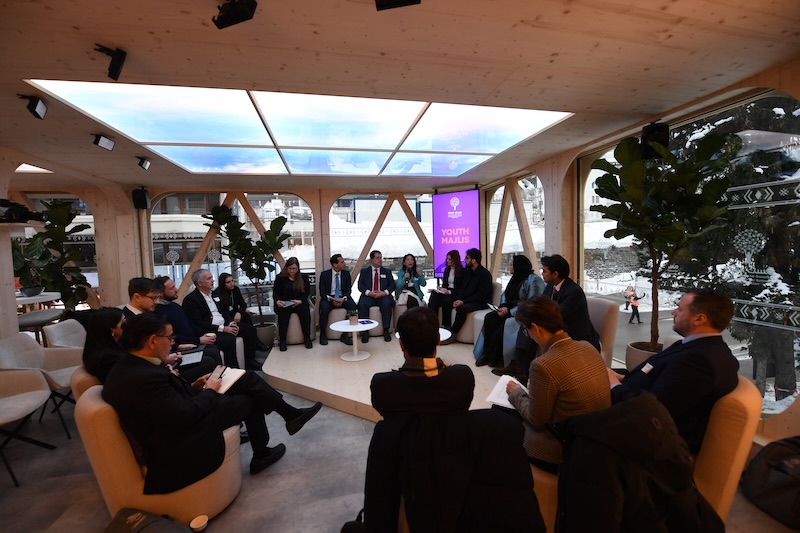
The Changing Landscape of Leadership
With rapid global advancements and growing complexities, today’s leaders face unprecedented challenges that demand adaptability and innovation. These challenges reflect economic, social, and technological transformations that are reshaping leadership as we know it.
The modern era is characterized by the swift pace of change in technology, economics, and politics. Leaders today must be agile and responsive to these shifts.
The Challenge: The unpredictability of change and its impact on businesses.
The Solution: Foster a culture of innovation within the organization while developing flexible strategic plans that can adapt to new circumstances. Leaders must also be prepared to make bold decisions when necessary.
As businesses expand globally, diverse, multinational teams have become a reality for many organizations.
The Challenge: Managing cultural diversity and ensuring smooth collaboration among team members.
The Solution: Build an organizational culture rooted in mutual respect and inclusivity. This can be achieved through cross-cultural communication training and initiatives that promote understanding among team members.
Technology has revolutionized the way organizations operate, making digitalization a fundamental component across all industries.
The Challenge: Keeping up with rapid technological advancements and their impact on business operations.
The Solution: Invest in workforce skill development and strategically integrate technology to enhance efficiency. Leaders should also have a foundational understanding of key technological trends to make informed decisions.
With the rise of remote work, maintaining team cohesion and motivation has become a growing concern.
The Challenge: Reduced face-to-face interaction and lower engagement levels.
The Solution: Utilize digital communication tools, such as virtual meetings and project management applications, to enhance collaboration. Leaders should also focus on fostering a positive work culture, even in virtual settings.
High competition and market demands require leaders to deliver results efficiently.
The Challenge: Balancing speed and quality in achieving objectives.
The Solution: Clearly define priorities and delegate tasks effectively. A successful leader is one who can manage time and resources wisely to produce meaningful outcomes.
Crises, such as global pandemics or economic downturns, test a leader’s ability to navigate uncertainty.
The Challenge: Maintaining trust among employees and stakeholders during times of crisis.
The Solution: Lead with transparency and empathy. Leaders should communicate challenges honestly while focusing on potential solutions and providing reassurance to their teams.
Increasing demands on leaders make it difficult to maintain a healthy balance between work and personal life.
The Challenge: Burnout and stress due to workload pressures.
The Solution: Prioritize self-care and delegate responsibilities effectively. Leaders should serve as role models by demonstrating a balanced approach to work and life.
Constant change requires leaders to foster an environment that encourages creativity and problem-solving.
The Challenge: Resistance to change among employees or limited resources for innovation.
The Solution: Encourage creative thinking by supporting employees in experimenting with new ideas and recognizing efforts, even when they do not lead to immediate success.
In today’s data-driven world, leaders must develop strong analytical skills.
The Challenge: Managing and interpreting vast amounts of data effectively.
The Solution: Utilize AI-powered analytics tools to simplify data-driven decision-making. Additionally, train employees to understand and apply data insights to enhance business performance.
Leaders must continually evolve to stay ahead in an ever-changing landscape.
The Challenge: Balancing daily responsibilities while pursuing personal and professional growth.
The Solution: Set aside time for continuous learning through reading, training courses, and mentorship programs with experienced leaders.
Modern leadership challenges should not be seen as obstacles but as opportunities for growth and innovation. A successful leader is one who embraces change with flexibility and vision, guiding their team toward sustained success. By applying strategic approaches, leaders can overcome these challenges and leave a lasting positive impact on their organizations.
Leadership today is more than just a role—it is a responsibility to build a better future.